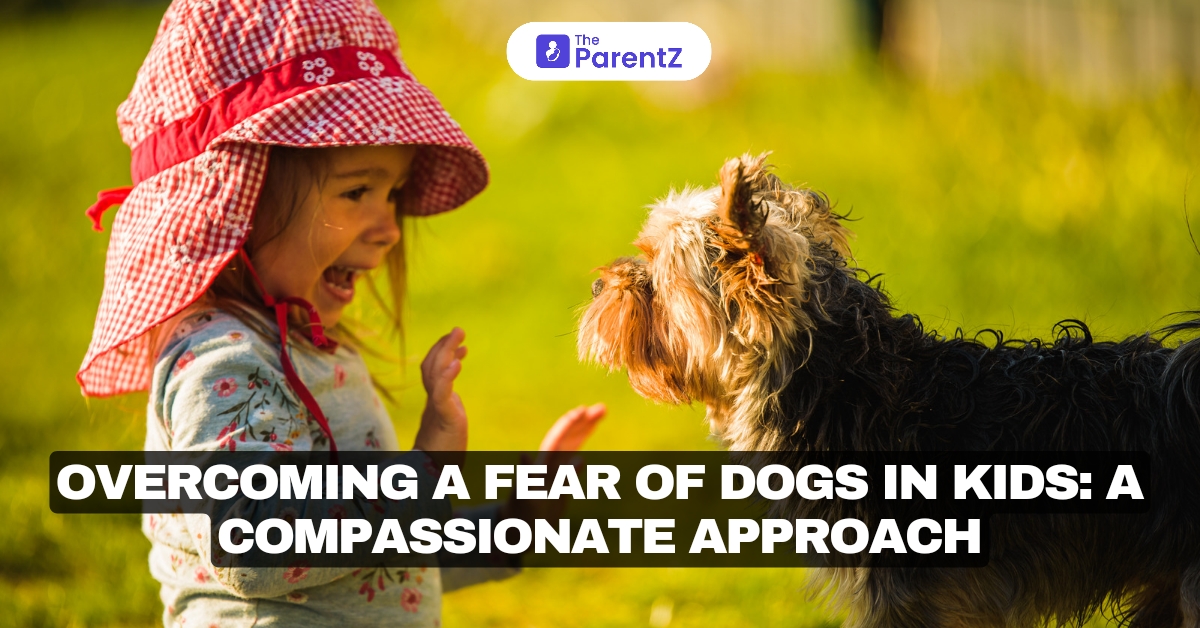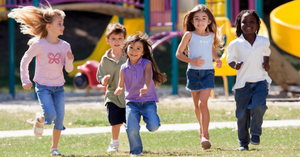Imagine being a child who encounters a dog for the first time. The excitement of seeing a furry friend quickly turns into fear as the dog barks or jumps. This reaction is completely natural and often stems from a lack of familiarity rather than a dislike for dogs. As parents, it's essential to understand that this fear of dogs in kids is not their fault; it's an instinctive response that can be overwhelming.
If your child is afraid of dogs, it is important to be understanding and supportive. Do not force them to interact with dogs if they are not ready. Instead, focus on helping them to learn about dogs and feel safe around them.
Understanding the Root of Fear of Dogs in Kids
Children may develop a fear of dogs due to various reasons, such as:
- Past Experiences: A negative encounter with a dog, even if minor, can leave a lasting impression.
- Observational Learning: If they see a parent or peer react fearfully to dogs, they may mimic that behavior.
- Lack of Exposure: Limited interactions with dogs can lead to anxiety when faced with one.
The Importance of Kindness
While addressing the fear of dogs in kids is crucial, it's equally important to instill kindness toward dogs. Fear does not equate to hatred. Teaching children to coexist with dogs fosters empathy and understanding even if they feel scared.
Tips for Parents to Help Without Forcing Change
Acknowledge Their Feelings
- Validate your child's fear by saying something like, "It's okay to feel scared. Dogs can be big and loud!"
- Avoid dismissing their feelings or telling them not to be afraid.
- Let them know that it's normal to feel this way and that you're there to support them.
Educate About Dogs
- Share fun facts about dogs, their behavior, and how to approach them safely.
- Use books, videos, or interactive games to teach your child about dogs positively and engagingly.
- Knowledge can help reduce fear by providing a better understanding of dogs.
Gradual Exposure
- Introduce your child to calm, friendly dogs from a distance. Allow them to observe before getting closer.
- Start with small interactions, such as watching a dog from across the street or seeing one through a window.
- Gradually increase the proximity and duration of the interactions, always at a pace your child is comfortable with.
Role-Playing
- Use toys to simulate dog interactions. This can help your child practice how to behave around dogs in a safe environment.
- Demonstrate how to approach a dog, pet it gently, and speak calmly.
- Please encourage your child to practice these behaviors with their toys, building confidence and familiarity.
Positive Reinforcement
- Praise your child for the small steps they take towards overcoming their fear, such as watching a dog from afar or talking about dogs.
- Use rewards, such as stickers or small treats, to acknowledge their bravery and progress.
- Celebrate every milestone, no matter how small, to boost their confidence and motivation.
Encourage Kindness
- Teach your child to be gentle towards dogs, emphasizing that kindness can exist alongside fear.
- Explain that dogs can sense emotions and that being kind can help them feel more comfortable.
- Model kind behavior yourself when interacting with dogs, and encourage your child to do the same.
It is important to remember that not all children will overcome their fear of dogs. However, being understanding and supportive can help your child cope with their fear and live a happy and fulfilling life.
In addition to the tips above, here are some things to keep in mind:
- Don't force your child to interact with dogs. It is important to respect their wishes if they are not ready.
- Talk to your child about the importance of being kind to animals. Even if your child is afraid of dogs, they can still learn to be kind to them.
Conclusion
Remember, it is not your child's fault that they are afraid of dogs. Everyone is different, and accepting your child for who they are is important. By being understanding and supportive, you can help them overcome their fear and live a happy and fulfilling life.








Be the first one to comment on this story.